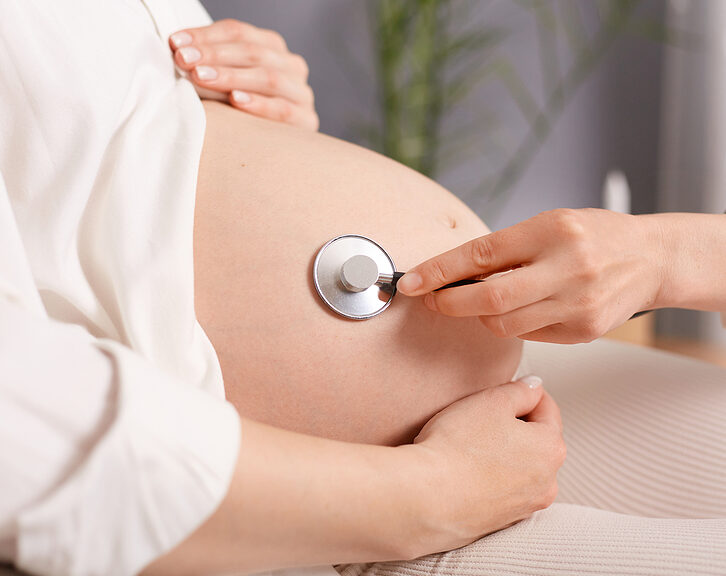In contemporary society, the stigmatization of certain groups, particularly single mothers and men labeled “SIMPs” (a term often used to describe men who are perceived as overly submissive or deferential to women), has far-reaching implications. This shaming culture not only affects the individuals involved but also contributes to broader societal issues, including declining birth rates.
Understanding the dynamics of this shaming and its consequences is crucial for addressing the fertility crisis many countries face.
Single mothers often face significant societal stigma, which can deter potential parents from having children. Although nearly 40 percent of births in the United States are to unmarried women, single mothers are frequently portrayed negatively in public discourse. This stigma manifests in various ways, including derogatory stereotypes that suggest single mothers are irresponsible or incapable of raising children effectively. Such perceptions can lead to feelings of isolation and inadequacy among single mothers, discouraging them from having more children or even from becoming parents in the first place.
Research indicates that the stigma surrounding single motherhood is deeply ingrained, with many single parents feeling judged and marginalized. This societal pressure can create a chilling effect on the decision to have children, as potential parents may fear being labeled as “bad” or “irresponsible” if they do not meet specific societal standards. Consequently, the fear of stigma can lead to delayed parenthood or the decision to forgo having children.
Similarly, the shaming of SIMPs contributes to a culture that discourages traditional family structures. The term “SIMP” has evolved into a derogatory label for men who show affection or support for women, often implying weakness or a lack of masculinity. This shaming can create an environment where men feel pressured to conform to toxic masculine ideals, which may include avoiding commitment or family life. As a result, men may delay or avoid fatherhood due to fears of being perceived as weak or submissive.
The societal expectation for men to embody traditional masculine traits can lead to a reluctance to engage in relationships that could lead to parenthood. This reluctance is compounded by the fear of being judged for their choices, which can further contribute to declining birth rates. When men feel that they must choose between societal acceptance and family life, many opt for the former, leading to fewer families being formed.
The combined effect of shaming single mothers and SIMPs creates a societal landscape that is increasingly hostile to family formation. As individuals internalize these negative perceptions, they may prioritize personal and professional goals over starting a family. This shift in priorities is evident in the rising average age of first-time parents, which has been linked to economic factors and societal pressures.
Moreover, the stigma associated with single motherhood can deter women from pursuing parenthood independently, particularly when they feel unsupported by society. As single mothers by choice become more common, the need for societal acceptance and support from SIMPs becomes increasingly essential. However, the prevailing stigma often overshadows these positive developments, leading to a decline in birth rates as women hesitate to embrace motherhood without a partner.
Further contributing to declining birth rates, some states have begun introducing mandatory paternity testing. A 2022 study indicated that 11 percent of men seeking paternity testing in the United States were not the biological fathers of the children they were raising, while some sources suggest that the figure can be as high as 30 percent among men who have a reason to take a paternity test. These statistics are often misunderstood, as they refer specifically to those who suspect non-paternity.
More rigorous scientific studies, particularly those examining genetic disorders, have reported non-paternity rates ranging from 1 percent to 3.7 percent. These studies typically involve larger, more representative samples and provide a more accurate picture of general non-paternity rates. A national sample of paternity tests showed that 72 percent of cases confirmed paternity, with variations across different racial and ethnic groups. Though the percentage of men found not to be the biological father can range from 1 percent to 30 percent, the most reliable estimates for the general population tend to be on the lower end of that spectrum.
Fertility crises are facing many countries today. Shaming single mothers and SIMPs can have dire implications by exacerbating declining birth rates. Society must change the narrative around single mothers and SIMPs if we intend to prevent birth rates from dropping dangerously below replacement levels … our species may depend on it.


